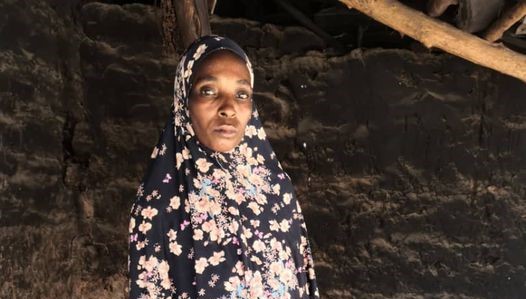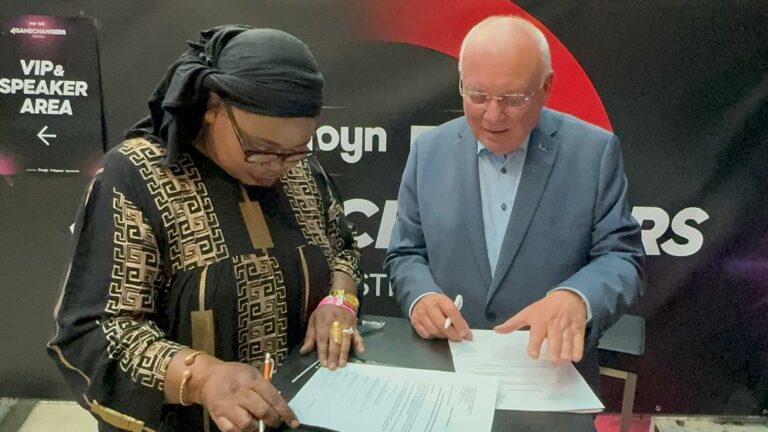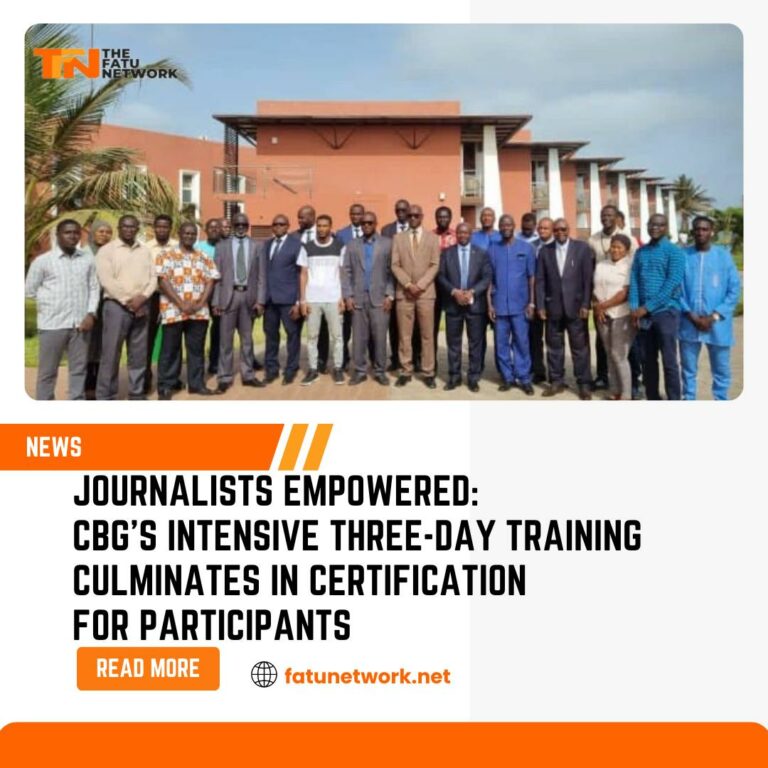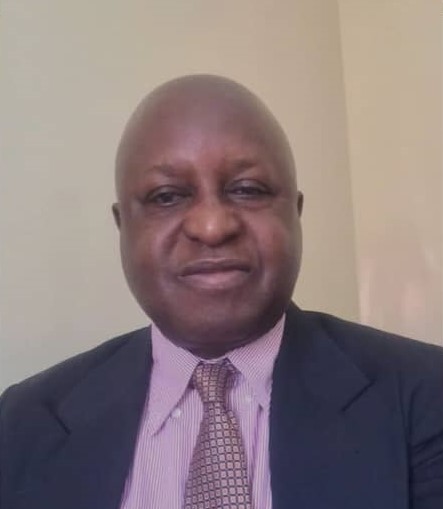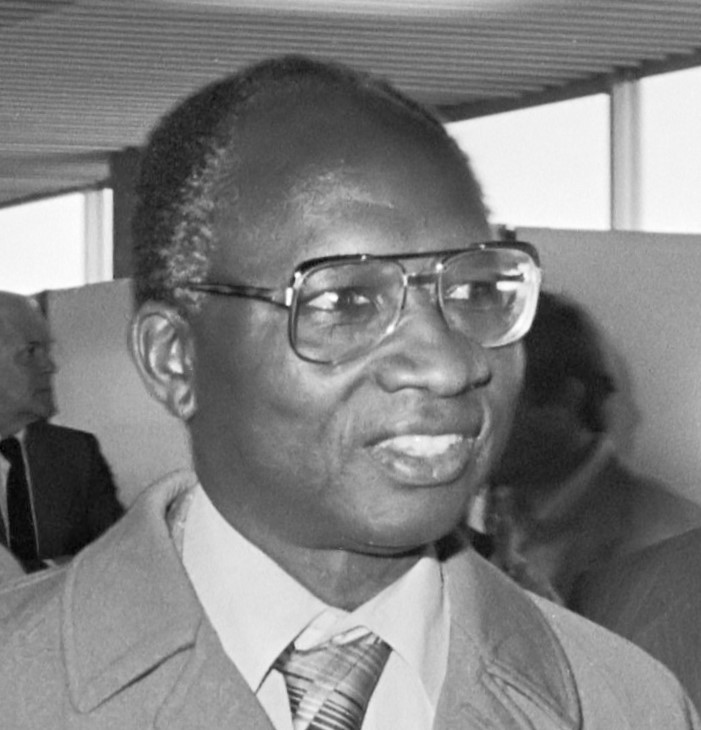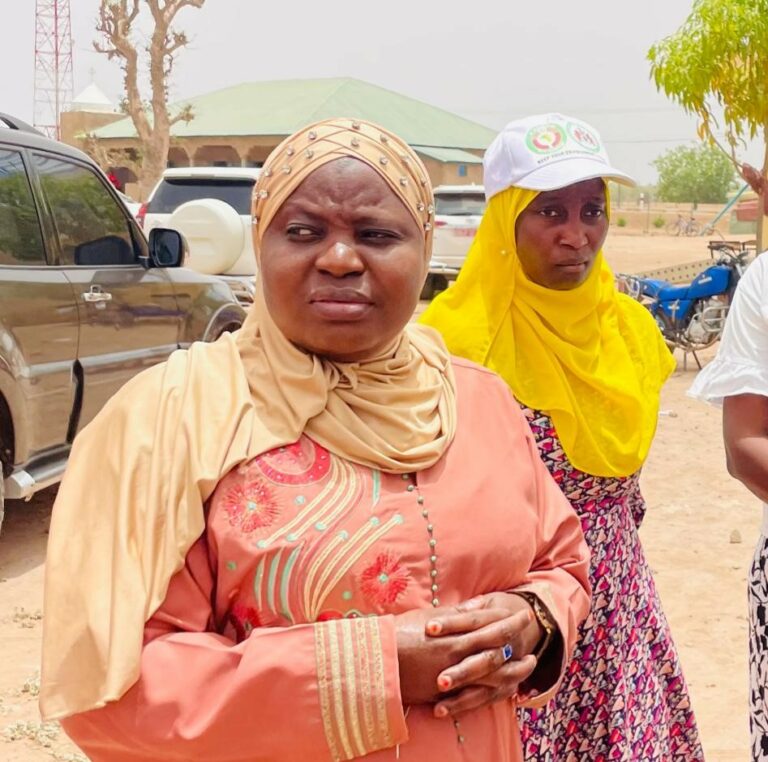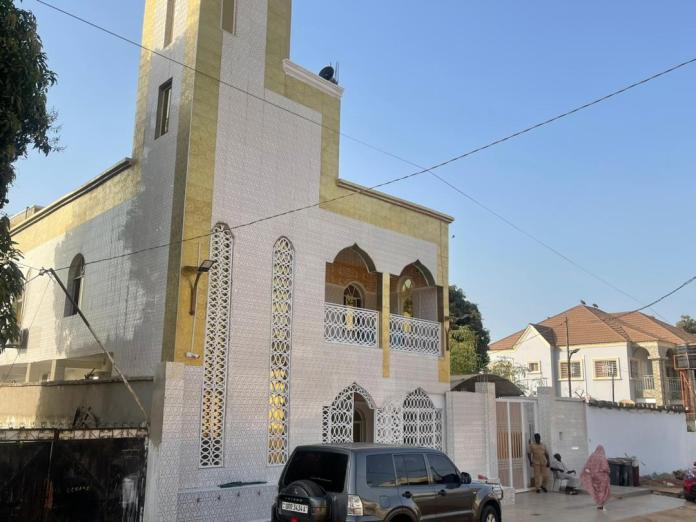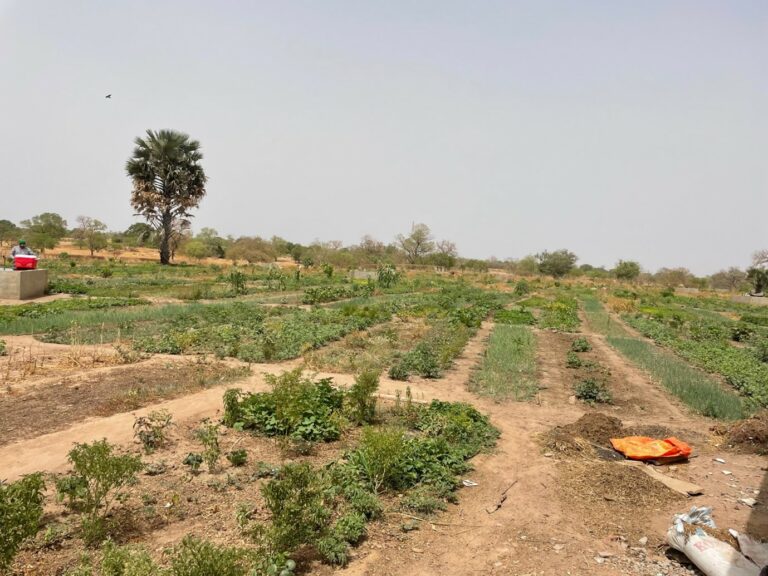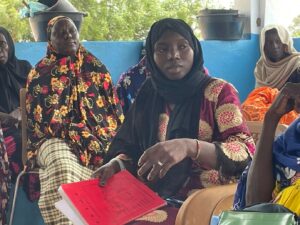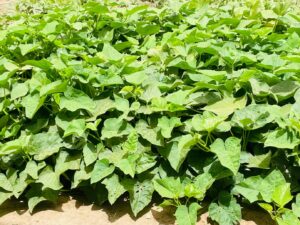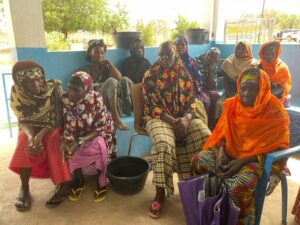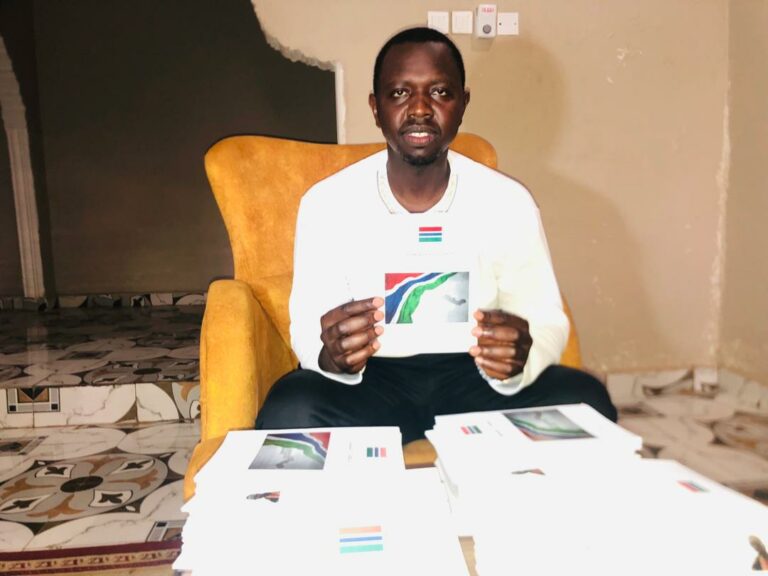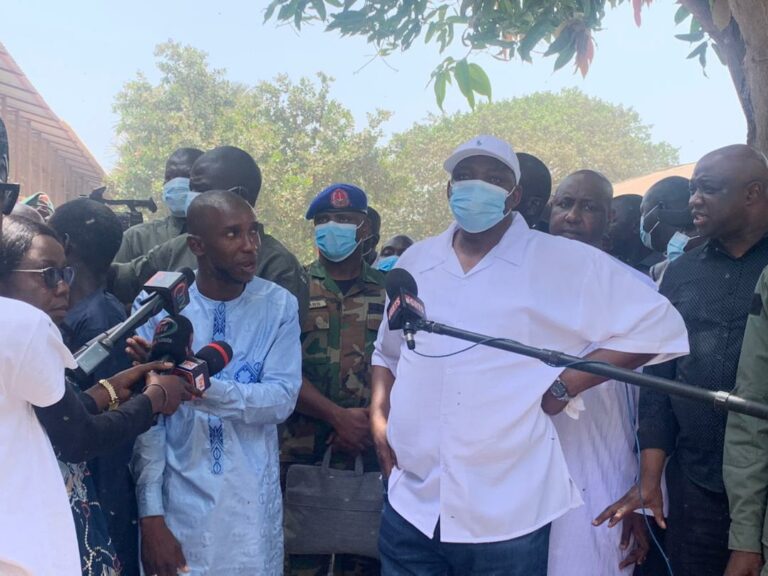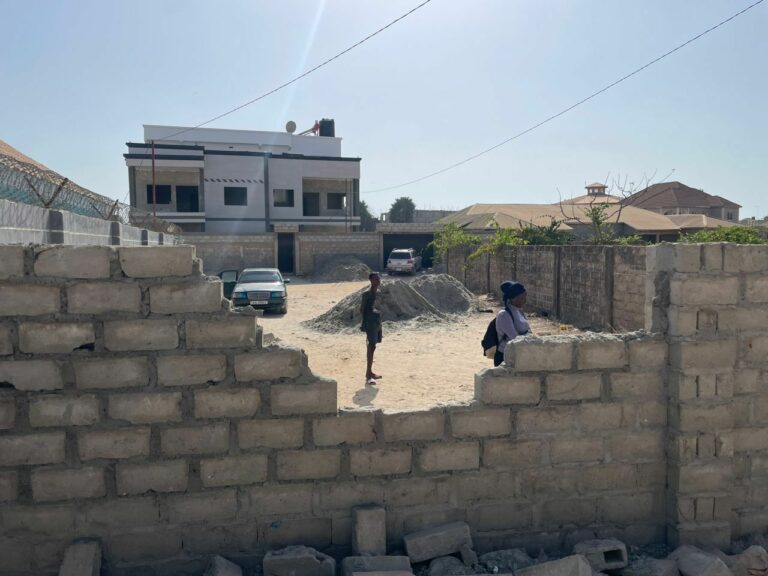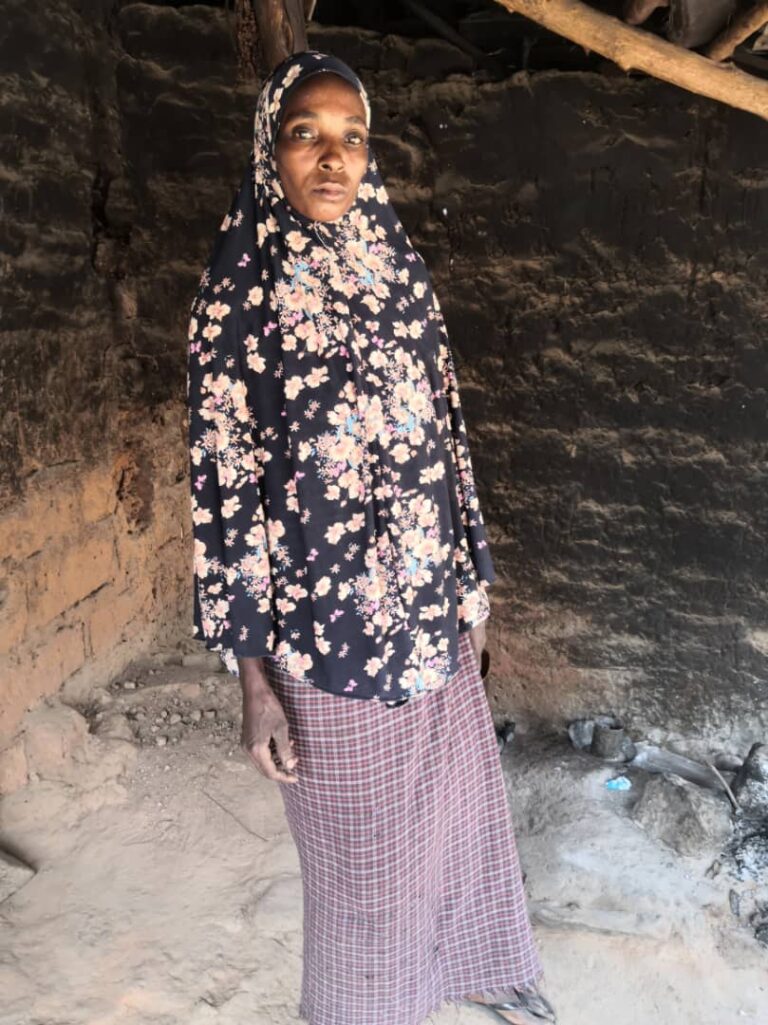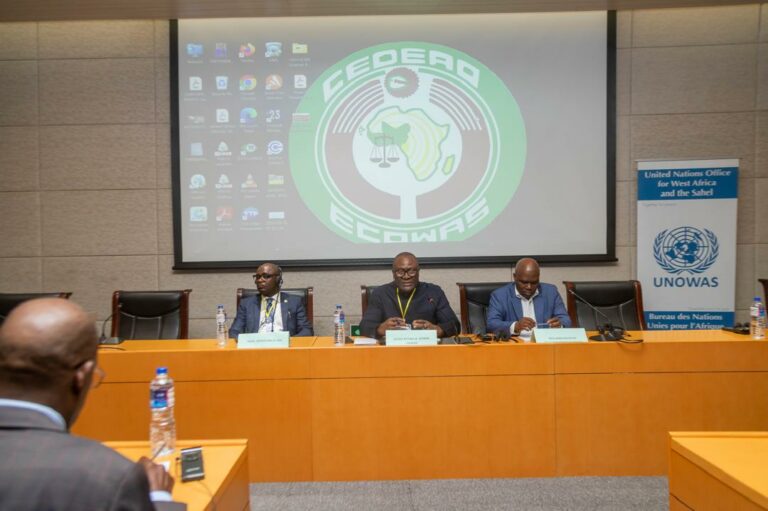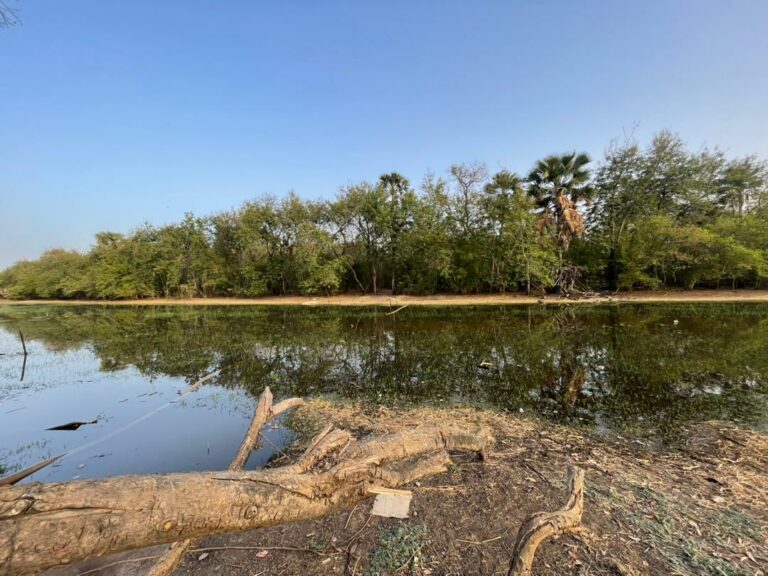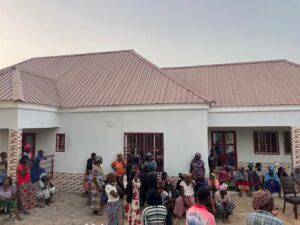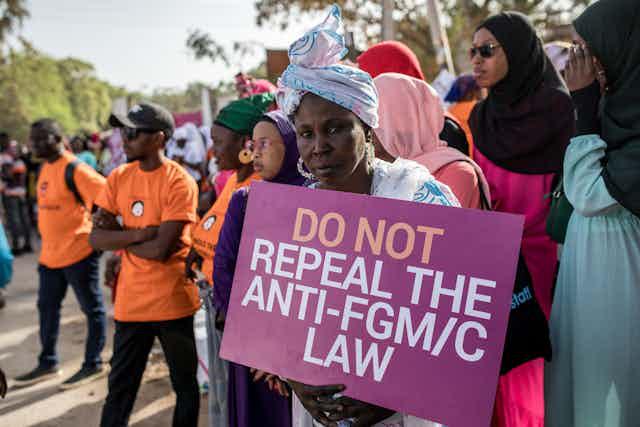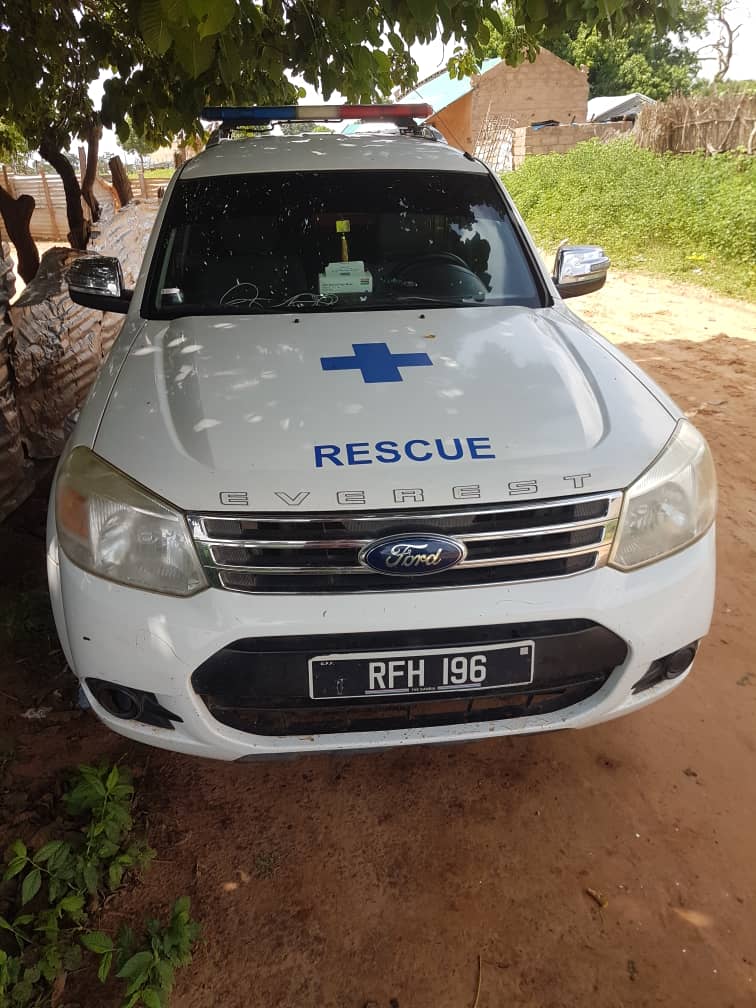By: Alieu Jallow
Following a publication by The Fatu Network on a widow, Jamie Jallow, who is enduring the burden of raising and supporting her four children after the loss of her firstborn, Ebrima Jallow, to a violent thunderstorm in June 2020 and her husband to a long illness five months later, followers from home and abroad have expressed concern and empathy for her. Some have sent their support to help ease her burden.
While delivering some of the donations made by our followers to her, Jamie Jallow expressed her gratitude to the donors, underscoring how the support will go a long way in helping her feed her family.
“I cannot say much as my heart is full of joy. I realize that there are still good Muslims around who empathize with me. I ask that the Almighty Allah reward you abundantly. I will cherish this gesture forever. I want to thank The Fatu Network for amplifying my voice; this help could not have come without your intervention.”
Jamie is not only facing challenges in feeding and raising her children but also in housing. She lives in a dilapidated single room with her kids, with the kitchen right at the entrance. The smoke from the kitchen is directly emitted into the house, which is having some health effects.
Two years ago, a member of the community in Sohm village gave her a piece of land for her and her children to call their own, but due to her inability to finance a house, the land remains unused. She appeals for support to erect at least a two-bedroom house to give her children a comfortable place to live.
“I am grateful for the support from your followers, but I would be very grateful if you could help me and my children achieve our dream of having a home. We have been living in a single room for over a decade now. My children are sometimes restricted in terms of doing certain activities.”
One of The Fatu Network’s followers in the UK said, “I’m a child of a single mother, so I understand what she’s going through. But Allah is still here. I just wish we, as humans and Muslims, were kinder towards each other. It’s not much, but I hope this little amount helps her with food for the time being. I pray that Allah, who provides, looks after Jamie and her children.”
Another emotional donor in Brikama couldn’t hold back her tears as she called on people to support the poor widow.
Many followers have expressed their support for Jamie, which will go a long way in helping restore her hope for life and build her psychological strength. She is still open for support as she dreams of living in a house that is hers.

